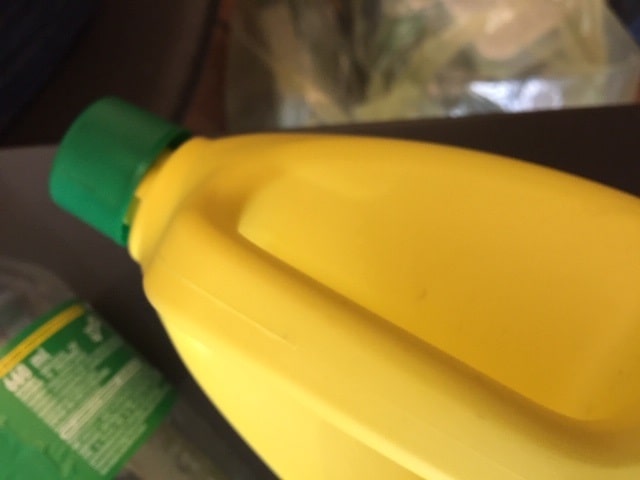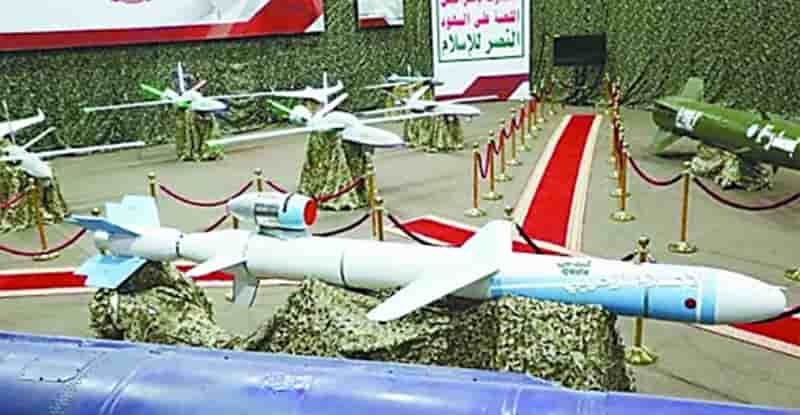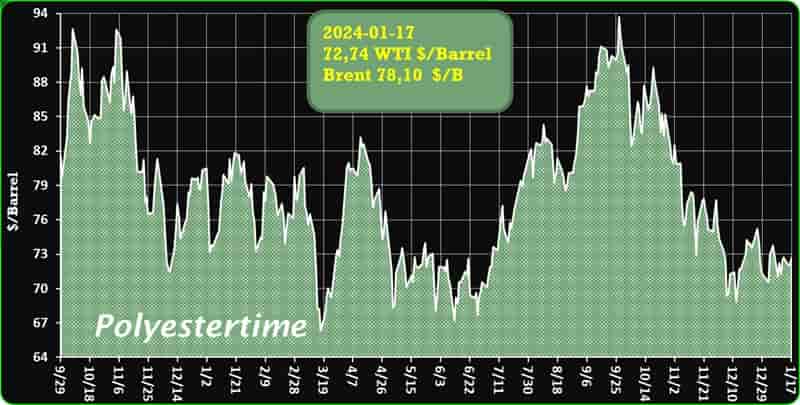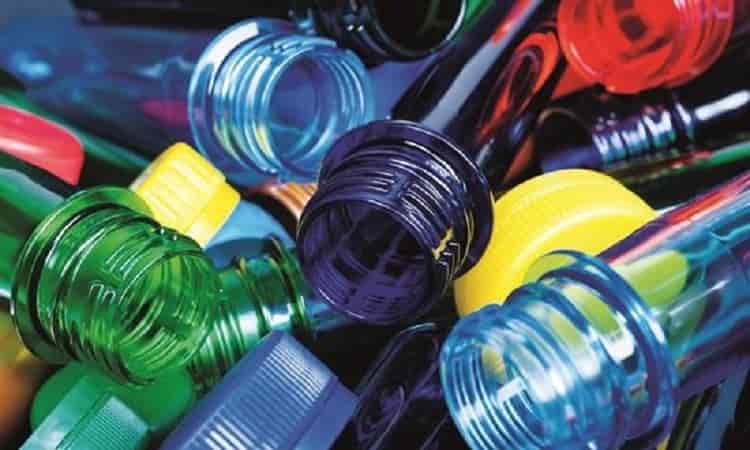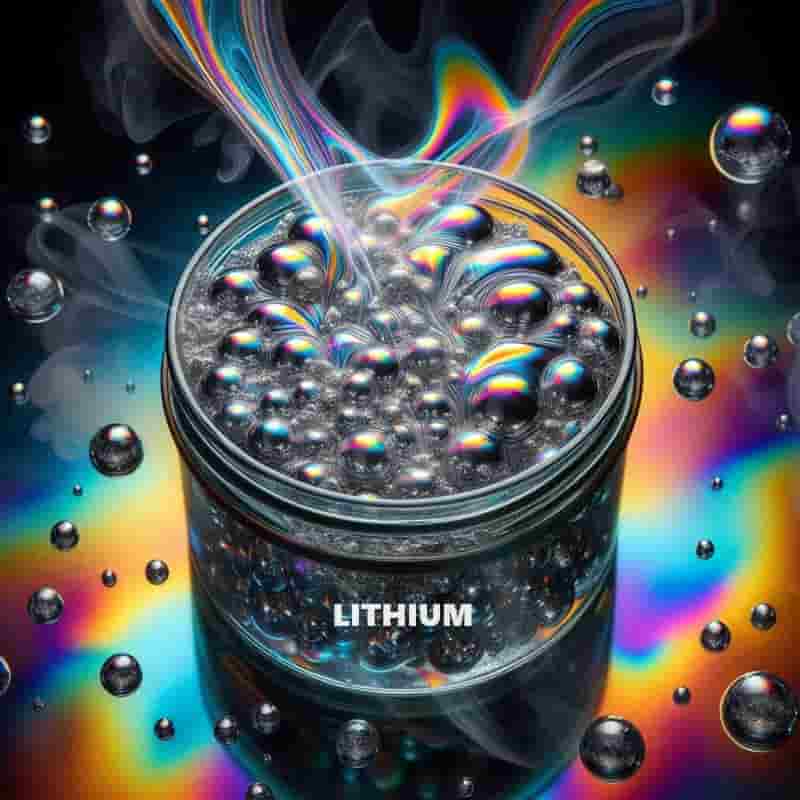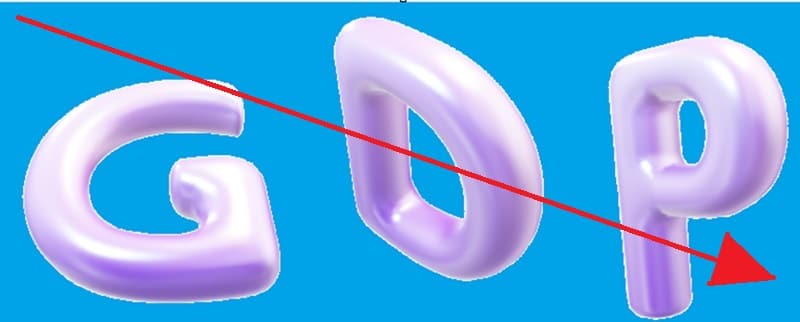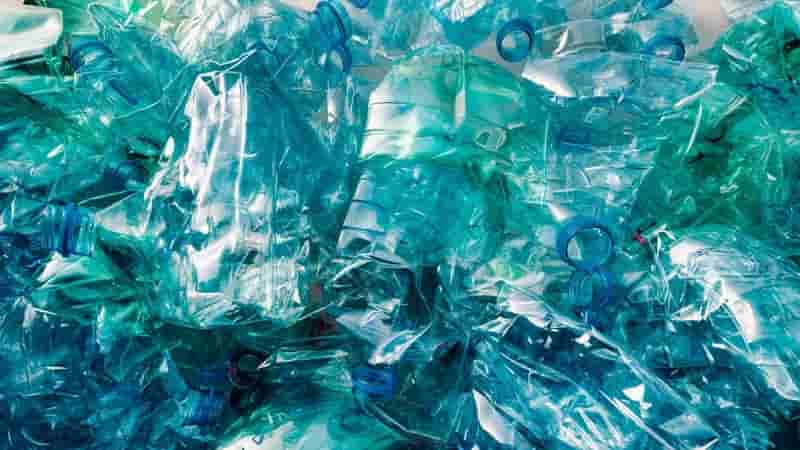Plastic consumption is still rising. Versatile compounds! But plastic recycling isn’t well organized. Therefore, the mountain of plastic waste is still growing. The world needs to find a solution to that problem, A subject addressed at Wageningen University. Their goal: no more plastic waste in year 2050.
Towards zero plastic waste European economy
Global plastics production is still growing, even exponentially; as highlighted by an article on the site of Wageningen University and Research (WUR). But our goal is to arrive at a circular economy. Meaning: recycling all plastic waste. New plastic will then be produced from biobased resources. How do we get there? Researchers from Wageningen delved into that subject.
An appreciable part of plastics that aren’t reprocessed, end up as litter. The amount of litter is still growing. As does the amount of plastics produced. If policy doesn’t change, we will produce twice as many plastics in 2050 than we do now. Growth will primarily take place in Asia and Africa. European economy
Europe’s role
In its combat against plastic waste, Europe plays an important part. The European Commission issued guidelines intended to curb the use of plastics. The most ambitious one is the Packaging and Packaging Waste Regulation (PPWR). This requires high recycling percentages, high amounts of recyclate in new products and reuse of plastic articles. Moreover, this guideline puts a maximum to the number of plastic bags that a European consumer is allowed to use daily. Some countries, like the Netherlands, have even formulated stricter goals: a fully circular economy. Meaning that almost all paper, plastics and textiles should in due course be processed for reuse. And that the resource should be biobased. European economy
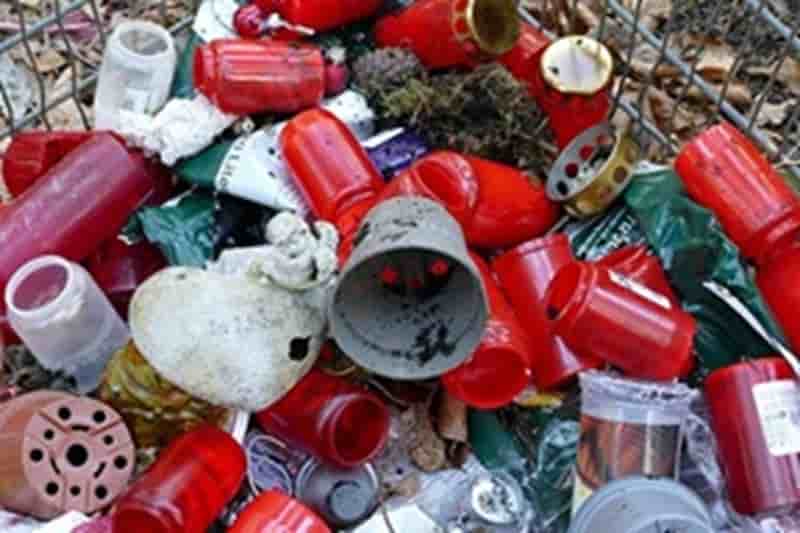
The European Union’s recent prohibition on exporting plastic waste within and beyond its borders poses a significant threat to the plastic packaging recycling market, according to warnings from Belgian industry association Valipac
The EU’s decision, part of an agreement on waste shipment regulation reached on November 17, mandates that plastic waste collected in EU nations must be stored and, if no buyers emerge for recycling, ultimately incinerated within Europe. Valipac highlights the risk of market collapse due to the inability to export collected plastic and insufficient recycling capacity within the EU. Belgium alone, with an annual consumption of 100,000 tons of commercial plastic packaging, faces challenges in processing around 24,000 tons currently exported outside the OECD. European economy
The association stresses the genuine risk of the plastic packaging waste market collapsing due to limited recycling capacity in the EU and insufficient demand for recyclate. Valipac emphasizes the economic factor, stating that manufacturing packaging from virgin plastic remains cheaper than using recyclate, leading to the majority of Europe’s plastic waste being exported for recycling into secondary products. Without addressing this issue, the plastic packaging waste market is at risk of collapse, hindered by a lack of sales outlets in Europe and the ban on exports to non-OECD countries.
In response, the European recycling industry confederation (EuRIC) advocates for binding recycled content targets as the sole solution to stimulate demand for recycled materials, creating markets for circular materials. European economy
Valipac encourages businesses by offering financial bonuses for using plastic packaging containing a minimum of 30% recyclate. However, EuRIC Secretary General Emmanuel Katrakis emphasizes the need for more recycled content targets across various materials, citing stagnation in the circular material use rate at the EU level. The trade association Plastics Europe echoes these sentiments, emphasizing the importance of a waste management system favoring plastic reuse and recycling, while also addressing challenges posed by the rise in imports of plastics labeled as recycled. European economy
